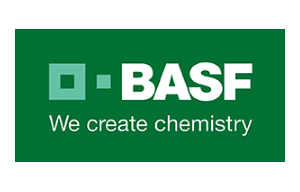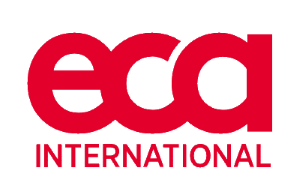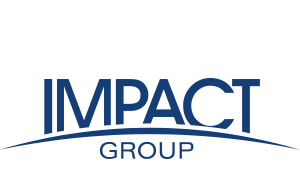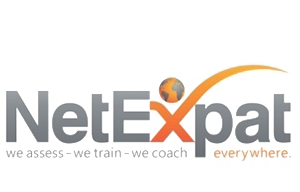Work permits for expatriate partners in the Netherlands
25 April 2005Permits Foundation, which campaigns for governments to relax work permit regulations that make it difficult for spouses of expatriate employees to work in many countries, has welcomed new regulations passed by the Dutch government allowing the partners of foreign workers from outside the EU to work. This change, implemented in April 2005, recognises the importance of dual careers for highly qualified people to international companies and makes the Netherlands a more attractive business location. Global companies need highly skilled internationally-mobile workforces but have found that work permit legislation in some countries makes it difficult for employees’ spouses to get a job.
Regulations eased
Under new regulations on the employment of foreigners from outside the European Union, partners no longer need to apply for a separate work permit. They will now be allowed to work freely during the course of the assignment. The change applies to partners of foreign workers who earn more than Euro 45,000 per annum. To qualify for the new conditions, companies apply to the Immigration and Naturalisation Service for ‘knowledge-migrant’ status for the expatriate employee. This process enables the partner to apply for a residence permit that allows them to work during the assignment.
Welcome development
The improvement of work-permit regulations for partners of expatriate employees is a welcome development for dual-career couples. The Netherlands has now joined the growing number of best practice countries allowing accompanying partners to work and thus maintain and develop their skills and careers. Other countries that allow spouses to work include the UK, Canada, Australia, New Zealand, Sweden, the USA and in certain circumstances, France and Germany.
Permits Foundation promotes open work permits for partners of expatriate staff working for international companies and organisations worldwide. In the Netherlands, the foundation led the case for change which was also supported by the VNO-NCW.
Kees van der Waaij, chairman of Unilever Nederland and a board member of Permits Foundation board, said: “Allowing partners to work is a welcome and logical step following the easing of regulations last year for the employment of knowledge-status workers. To attract top international talent nowadays, both employers and governments need to recognise that partners also want to work. The days when partners were prepared to give up their own career to follow the employee have gone.”
Jan Schaapsmeerders, HR director of Shell Nederland and chairman of the board of Permits Foundation agrees. “Employing a small proportion of expatriate staff goes hand in hand with international business and investment. They bring new skills, exchange experiences and leave again usually after 2-4 years. For these staff, dual careers concerns are often the most important factor in deciding whether to accept an assignment and whether the assignment will be a success.”
Schaapsmeerders says that with the increasing number of dual careers, international companies and organisations experience separate work permit requirements for partners as a hurdle to employee diversity and mobility. “We are delighted that the Dutch government has recognised that allowing partners to work makes the country more attractive to investment and knowledge workers,” he said. Permits Foundation continues to promote improvements in other European countires and at the European Commission which is currently consulting proposals for an EU-wide approach to managing economic migration. The foundation has also started to develop networks in Asia and is working to raise awareness of this issue worldwide.












































